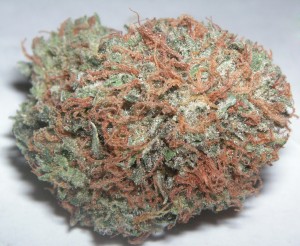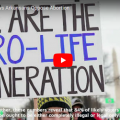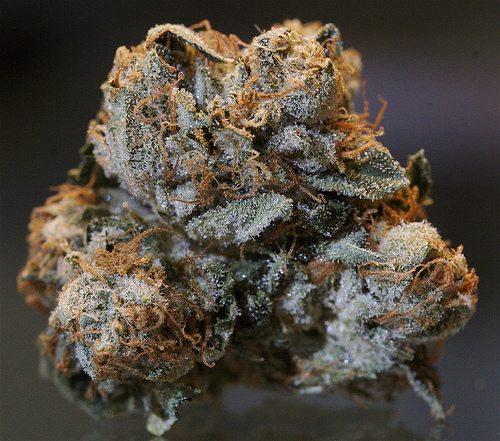 Earlier this month Talk Business published the results of a poll conducted in cooperation with Impact Management and Hendrix College. The poll purports to show 84% of Arkansas voters support “medical” marijuana prescribed by a physician.
Earlier this month Talk Business published the results of a poll conducted in cooperation with Impact Management and Hendrix College. The poll purports to show 84% of Arkansas voters support “medical” marijuana prescribed by a physician.
Many people are touting these poll results as proof Arkansans support legalization of “medical” marijuana. But before we jump to conclusions, let’s look at the key question in the poll regarding marijuana:
“Do you agree or disagree that adults should be allowed to legally use marijuana for medical purposes if a physician prescribes it?”
According to Talk Business, 84% of people surveyed answered “agree.” There is a problem, however: The kind of marijuana proposal described by this poll question is nothing like any of the proposals being offered to Arkansans right now. In fact, it’s nothing like any “medical” marijuana law we know of in the nation.
Here is what we mean.
Marijuana is Not Regulated as “Medicine”
The question’s text takes for granted that marijuana can be classified and regulated as “medicine.”
The Food and Drug Administration has stated marijuana cannot be classified or regulated as “medicine.” At best, marijuana can be classified as a “botanical product.” Its efficacy varies from plant to plant depending on the conditions in which it is grown and harvested.
Imagine opening a bottle of Tylenol only to find no two tablets contained an equal dosage. That kind of imprecision is unthinkable in modern medicine, and yet that’s exactly what you run into with “medical” marijuana. That’s one reason why we have long maintained “medical” marijuana is really a misnomer.
Physicians Do Not “Prescribe” Marijuana
The question asks about marijuana “prescribed” by a physician. There’s just one problem: Physicians do not “prescribe” marijuana at all.
When a physician prescribes a drug, the physician writes instructions for dosage and duration, and the prescription is taken to a pharmacy, where it is filled for the patient by a licensed, trained expert–a pharmacist.
None of the marijuana proposals that have been offered in Arkansas include language about pharmacies or prescriptions in the traditional sense. Marijuana is a Schedule I controlled substance under federal law, and it cannot be prescribed through a pharmacy.
Under a typical “medical” marijuana proposal, a person obtains a note from a doctor stating the person can use marijuana. The state then issues that person a marijuana card, and the person may go to a store to purchase marijuana–or they may grow it themselves at home, depending on the law.
Patients are not required to follow up with a doctor to ensure the marijuana is “working.” There is no oversight or instruction from a trained and licensed pharmacist. They are simply issued a carte blanche allowing them to buy and use marijuana.
That’s hardly a “prescription.”
Not Just “Adults”
The question asks if adults should be allowed to use “medical” marijuana. What about kids?
Virtually every marijuana proposal offered in Arkansas and elsewhere around the country permits children to use “medical” marijuana as well. Some contain additional rules for marijuana-use by children; others treat adults and kids the same. Either way, marijuana use is not limited to adults.
Tying It All Together
Many people are mistakenly saying this Talk Business poll demonstrates voters in Arkansas support the marijuana proposals currently vying for a spot on the 2016 ballot. It does not.
The marijuana proposal described by this poll question is nothing like any of the proposals being offered to Arkansans right now.
- None of the current proposals treat marijuana like medicine.
- None of the current proposals require marijuana to be “prescribed” by a doctor and through a pharmacy.
- None of the current proposals limit “medical” marijuana users to adults.
To put it another way, this question asks whether or not voters would support a proposal that regulates marijuana like medicine–through the Food and Drug Administration–and allows doctors to prescribe marijuana to adults through a hospital or pharmacy.
No one is even talking about a proposal like that, much less trying to place one on the ballot.




